Fiberglass Reinforced Plastic (FRP) daylighting panels have become increasingly popular in modern construction due to their excellent combination of strength, light transmission, and long-term durability. These panels are widely used in industrial, commercial, and agricultural applications, providing natural light while withstanding a wide range of environmental conditions. Understanding their durability and weather resistance is key for architects, builders, and facility managers looking to make informed material choices.
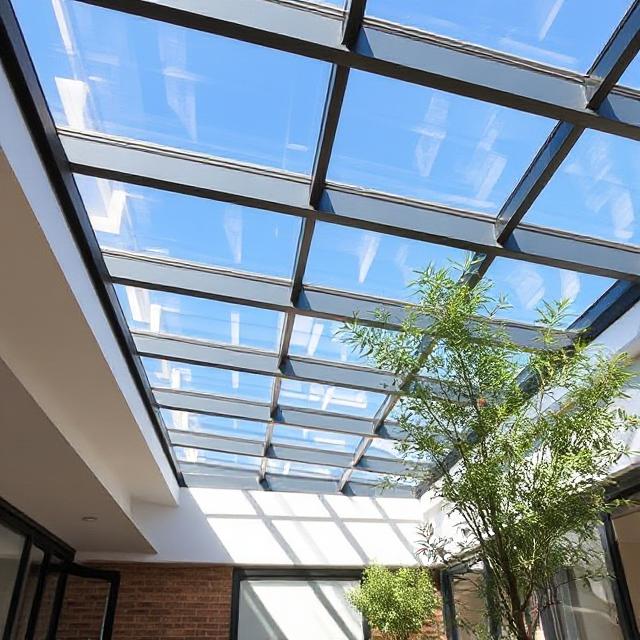
What Are FRP Daylighting Panels?
FRP daylighting panels are composite materials made by combining glass fibers with a polyester or vinyl ester resin. The glass fibers provide structural reinforcement, while the resin binds the material together, creating panels that are lightweight yet strong. The resulting material is resistant to corrosion, chemicals, and environmental degradation, making it suitable for long-term outdoor and indoor applications.
These panels are often manufactured in various thicknesses and surface finishes, providing flexibility for different construction needs. They are particularly valued for their ability to allow natural light into buildings while maintaining structural integrity and safety.
Durability of FRP Panels
One of the primary advantages of FRP daylighting panels is their exceptional durability. Unlike traditional materials such as glass or polycarbonate, FRP panels are resistant to cracking, breaking, or warping under normal conditions. The embedded glass fibers give the panels high tensile strength, allowing them to withstand mechanical stress and moderate impacts.
Durability also extends to their chemical resistance. FRP panels are not affected by most acids, alkalis, or salts, which makes them suitable for environments like industrial facilities, greenhouses, or coastal areas where chemical exposure or salt-laden air could damage other materials.
| Feature | FRP Panels | Traditional Materials |
|---|---|---|
| Impact Resistance | High | Moderate to Low |
| Corrosion Resistance | Excellent | Low |
| Long-Term Stability | High | Variable |
| Maintenance Needs | Low | Moderate |
Weather Resistance
FRP panels are particularly noted for their ability to endure harsh weather conditions. They resist damage from rain, snow, and humidity, maintaining their structural integrity even after prolonged exposure to moisture. Their waterproof nature prevents water absorption, which can otherwise lead to swelling, cracking, or mold growth in other materials.
Temperature fluctuations are another challenge in construction, but FRP panels handle extreme heat and cold without losing their shape or performance. They remain stable under sunlight exposure, resisting expansion, warping, or brittleness. This makes them ideal for regions with intense sun, high winds, or significant seasonal variations.
UV Resistance and Light Transmission
A major advantage of FRP daylighting panels is their ability to transmit natural light while filtering harmful UV radiation. High-quality FRP panels maintain transparency over long periods without yellowing or degrading due to sun exposure. This feature allows buildings to benefit from energy-efficient daylighting, reducing the need for artificial lighting while protecting interiors from UV damage.
Maintaining light transmission is essential not only for energy savings but also for occupant comfort and productivity in commercial or industrial environments.
Impact Resistance and Safety
FRP panels are inherently impact-resistant due to the reinforcement of glass fibers within the resin matrix. This property ensures that the panels can withstand hail, falling debris, or accidental contact without breaking. Compared to conventional materials like glass, FRP panels reduce the risk of dangerous shards or cracks, making them a safer choice for areas frequented by people or machinery.
Thermal Performance and Insulation
In addition to durability, FRP panels contribute to thermal management. Their low thermal conductivity helps reduce heat transfer through roofs or walls, assisting in maintaining indoor temperature stability. This thermal insulation effect can lower energy costs for heating and cooling, making FRP panels an energy-efficient choice for modern construction.
Applications of FRP Daylighting Panels
FRP daylighting panels are highly versatile and can be used across multiple sectors:
- Agriculture: Greenhouses, nurseries, and livestock buildings use FRP panels to optimize natural light for plant growth and animal welfare.
- Industrial: Factory roofs, warehouses, and production facilities benefit from enhanced daylighting, which improves visibility and reduces electricity costs.
- Commercial: Shopping centers, sports facilities, and parking garages can use FRP panels to create well-lit, safe, and inviting spaces.
- Residential: Sunrooms, patios, and balconies can integrate FRP panels to bring in natural light while providing protection from weather elements.
Cost Efficiency and Low Maintenance
While FRP panels may have a higher initial cost compared to some traditional materials, their long-term benefits outweigh the upfront investment. The durability, low maintenance, and resistance to environmental degradation reduce the need for frequent replacements or repairs. This longevity makes FRP panels a cost-effective solution for both small-scale and large-scale construction projects.
Sustainability and Environmental Benefits
FRP panels support sustainable building practices. Their long lifespan minimizes waste, and their daylighting properties reduce reliance on artificial lighting, lowering energy consumption. Additionally, FRP panels are recyclable, contributing to environmentally responsible construction practices. Choosing FRP daylighting panels helps meet green building standards while providing practical benefits for everyday use.
Why Choose Chuanya Building
When selecting FRP daylighting panels, partnering with a reliable manufacturer is essential. Chuanya Building specializes in producing high-quality FRP panels designed to meet international standards. The factory focuses on advanced manufacturing processes, rigorous quality control, and innovative design to deliver panels that are durable, weather-resistant, and efficient.
Chuanya Building offers flexible OEM and ODM services, providing solutions for both standard and custom projects. Whether for agricultural, industrial, commercial, or residential applications, Chuanya Building ensures reliable performance, long-lasting durability, and professional support for your construction needs.









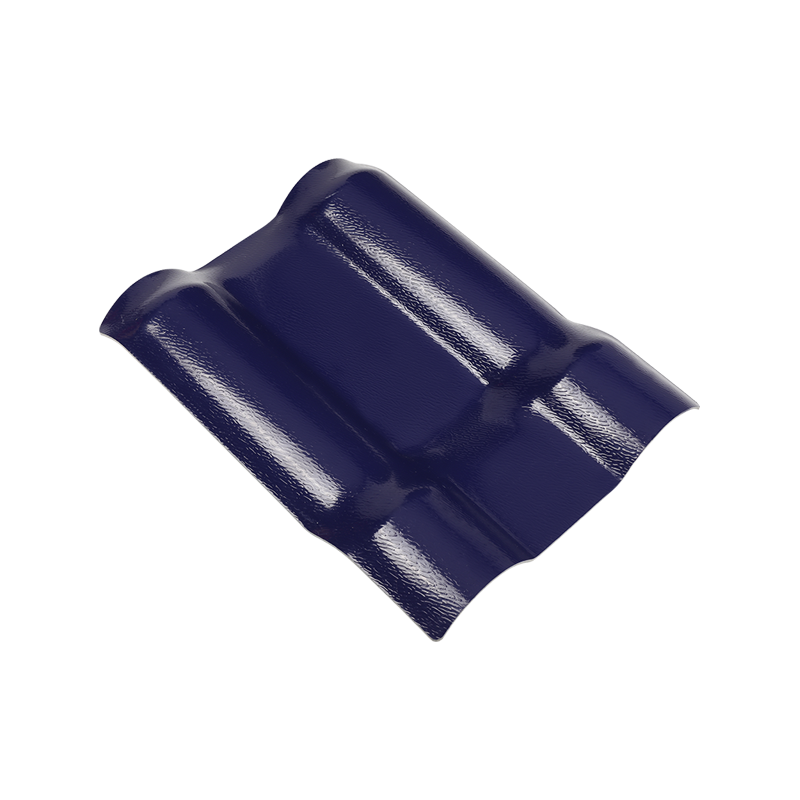
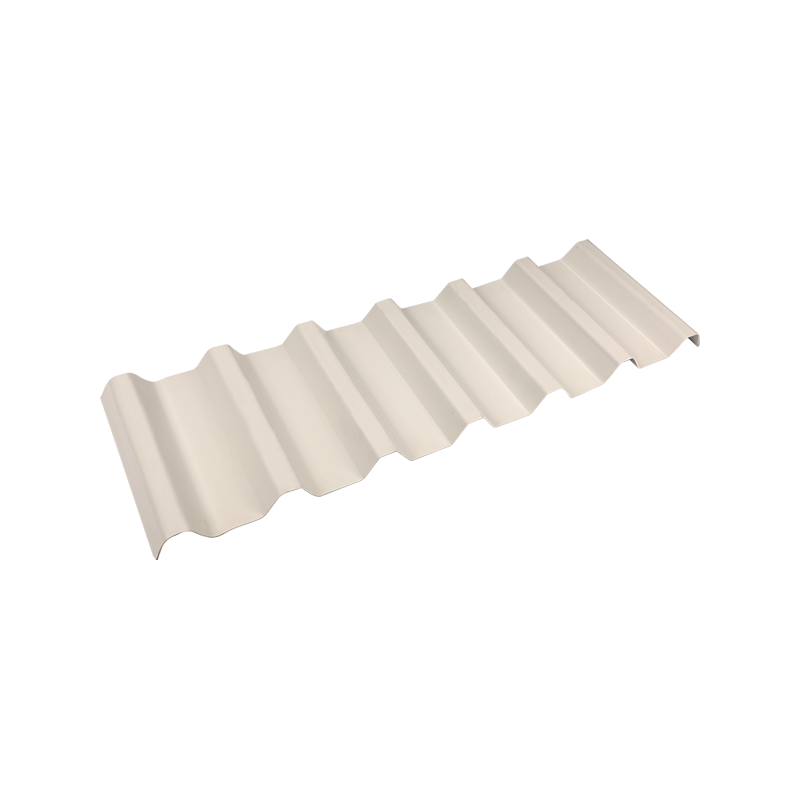
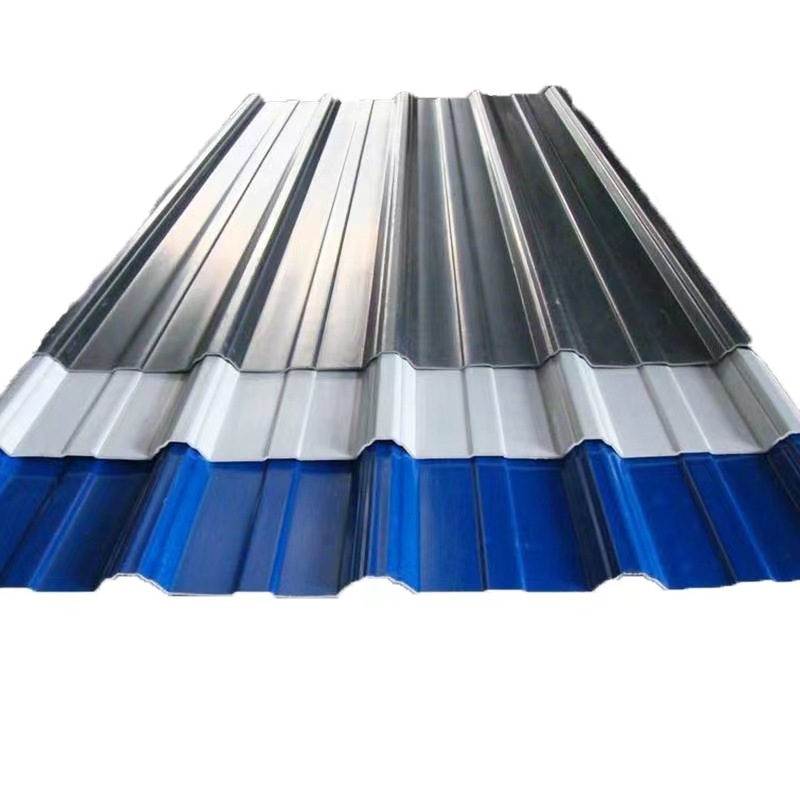
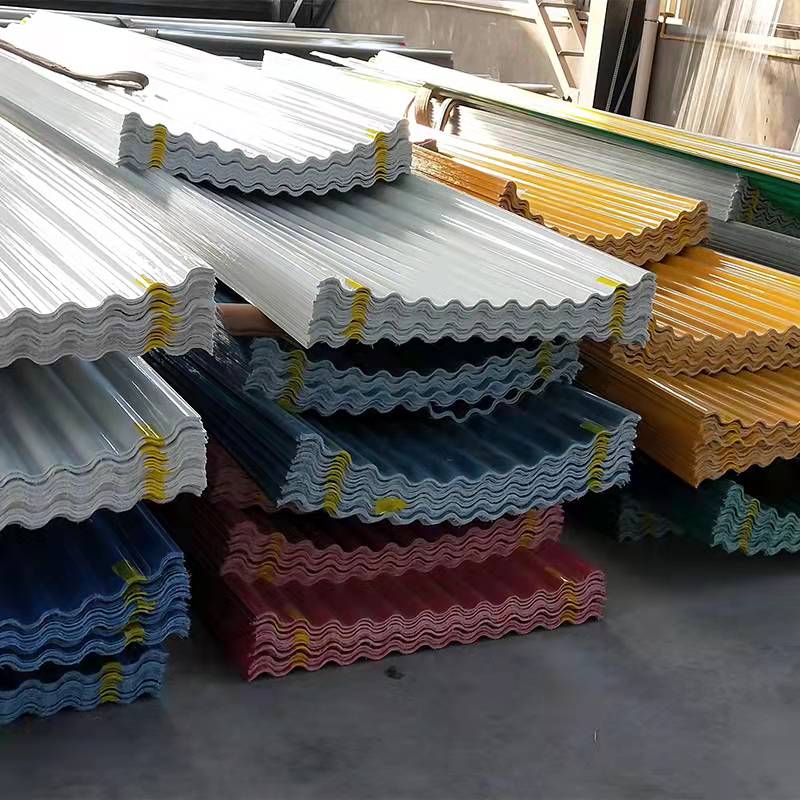
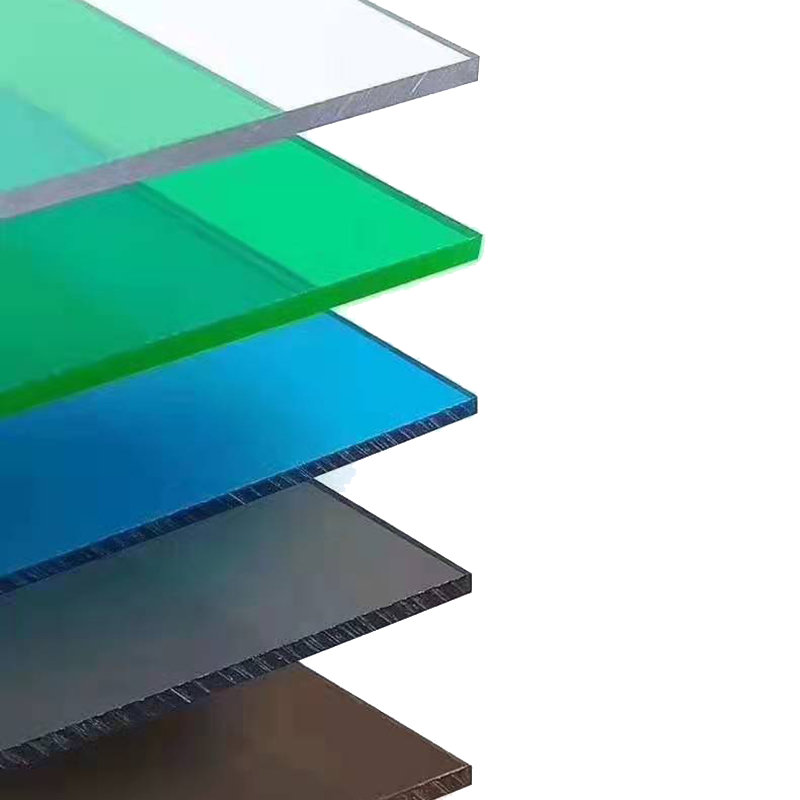
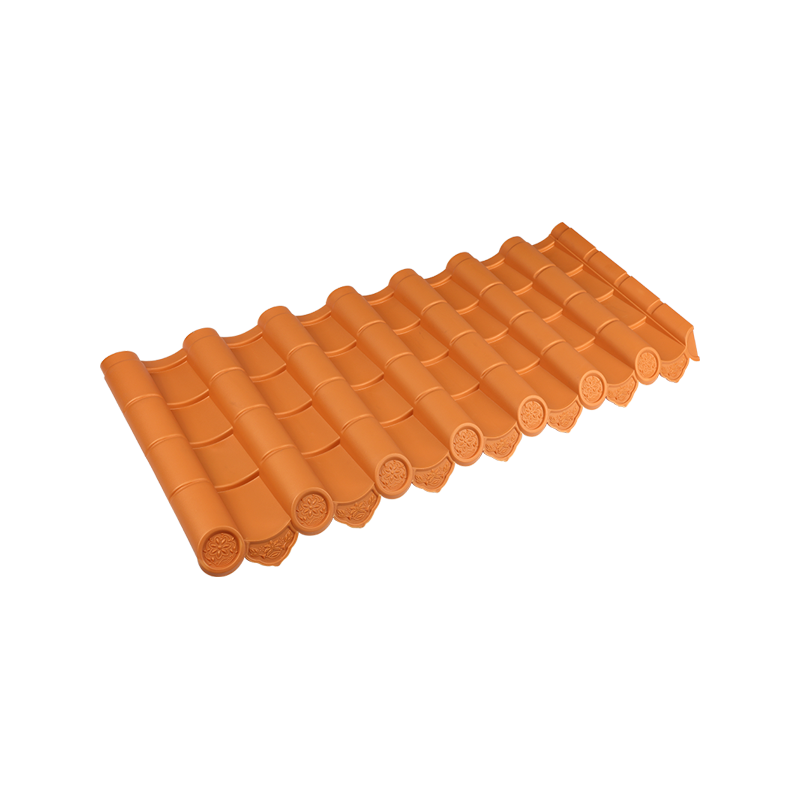
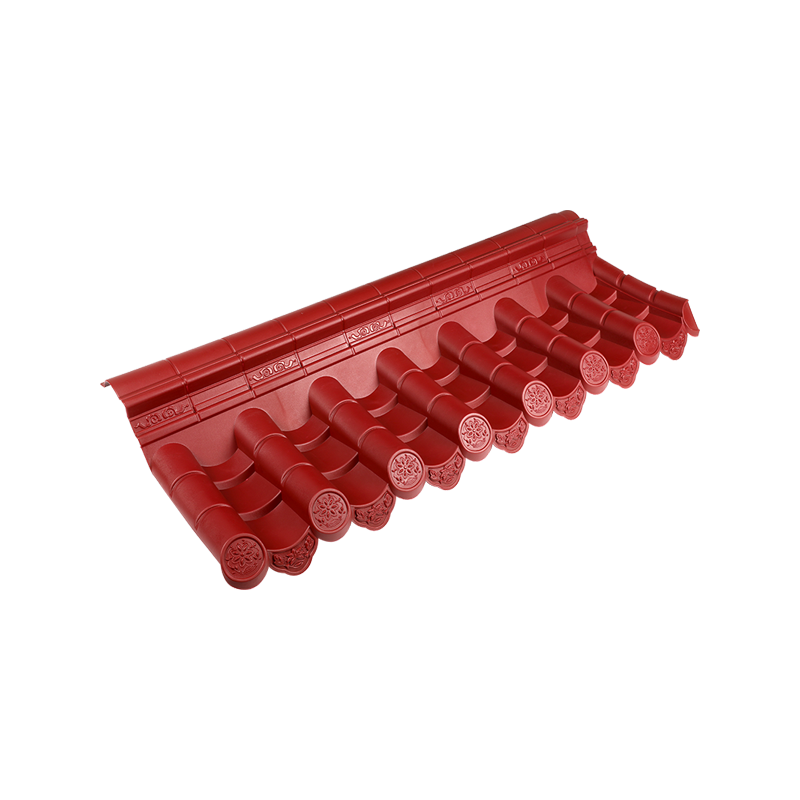


 Email:
Email: Phone:
Phone: Adress:
Adress: